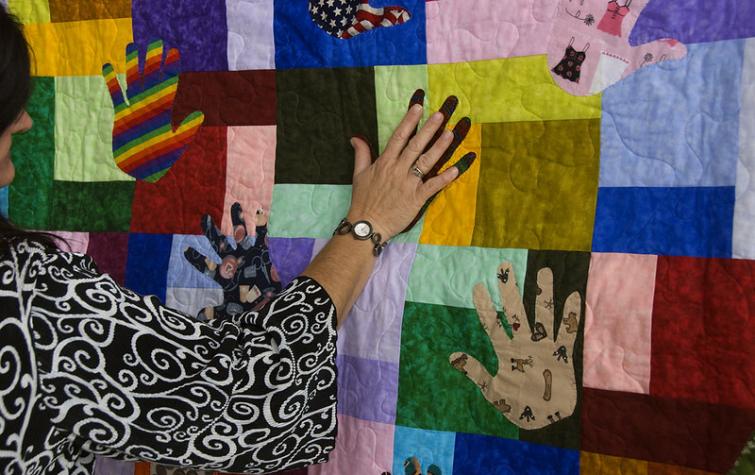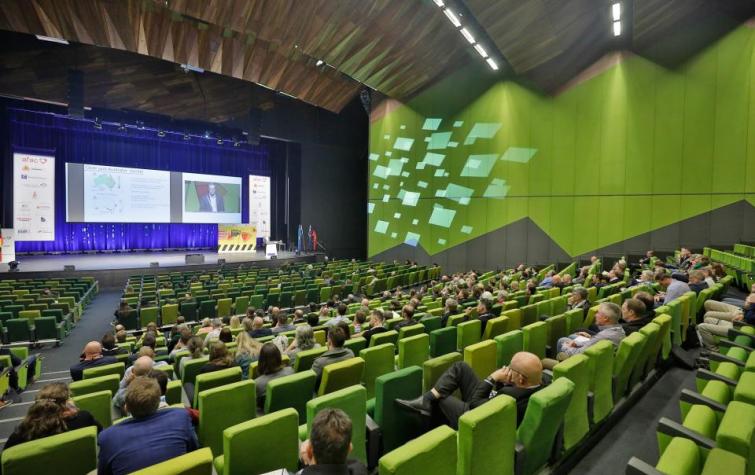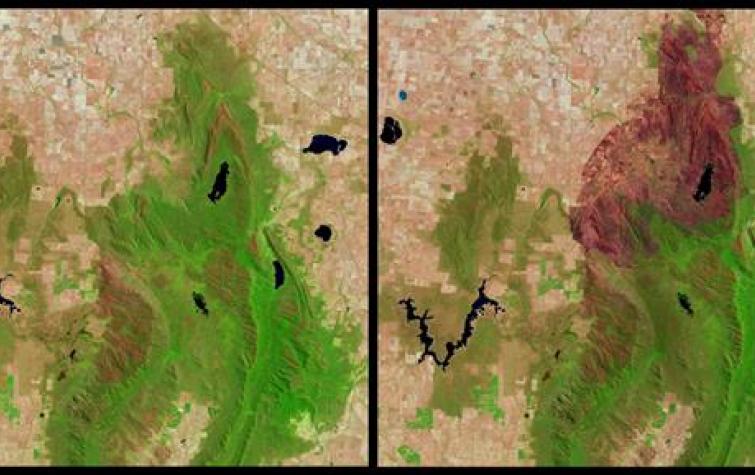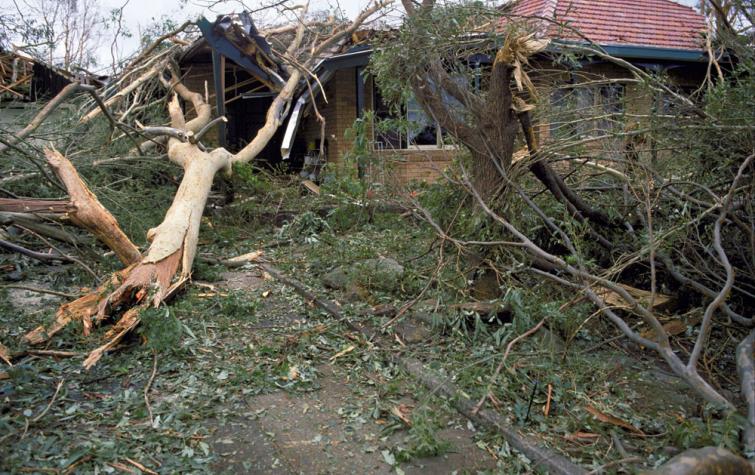Roger Jones is a Professorial Research Fellow at the Centre for Strategic Economic Studies (CSES) at Victoria University, joining VU in early 2009. Previously he worked for CSIRO for thirteen years to early 2009. Trained as a physical scientist, he now applies an interdisciplinary focus to understanding climate change risk, bridging science, economics and policy, particularly in developing methodologies for assessing adaptation and mitigation strategies for managing climate change risks. These have been used widely in Australia and internationally, contributing to the Australian Climate Change Adaptation Strategy, the United Nations Development Program Adaptation Policy Frameworks and a range of individual projects. He was a convening Lead Author on the Intergovernmental Panel on Climate Change’s Working Group II Fourth Assessment Report Chapter on New Methods and Characterisations of the Future released in 2007. He is currently working on a range of adaptation projects and developing new methods for assessing mitigation policy with Professor Peter Sheehan of the CSES..
Over the past decade, Prof Roger Jones has been the driving force in the application of risk methods to impact and adaptation assessment and continues to lead that area. He was Principal Research Scientist with CSIRO Marine and Atmospheric Research. Methods developed by Prof Jones have been used widely in Australia and internationally and have contributed to the Australian Climate Change Adaptation Strategy, the United Nations Development Program Adaptation Policy Frameworks and are being used by researchers in a number of countries. He was a convening Lead Author on the Intergovernmental Panel on Climate Change’s Working Group II Fourth Assessment Report Chapter on New Methods and Characterisation of the Future.
Project leadership
Current government spending on natural disaster response is more than 20 times the spending on preparedness. Many climate-related natural hazards are increasing, along with the number of people living in hazard-prone areas. Large natural disasters also cross domains, moving from the private to the public realm, and shifting from a local, to a state or national concern. This raises the potential of future, unmanaged risks.
This project mapped a broad range of economic, social and environmental values and related them to natural hazards across several case studies. It explored who owns these values and what happens when they cross domains, as well as how a range of alternative strategies may contribute to improved resilience by sustaining economic, social and environmental values in a changing environment.
Supervisory roles
| Project | Student |
|---|---|
| Understanding the nature of abrupt regional shifts in a changing climate | jricketts |
Research team
| Type | Project | Research team |
|---|---|---|
| CRC Core Project | Diversity and inclusion: building strength and capability | ccormick, rjones, fmacdonald |















